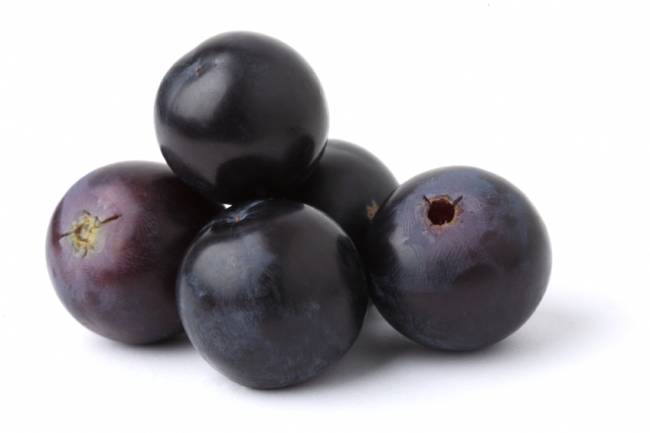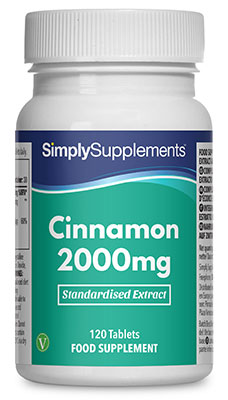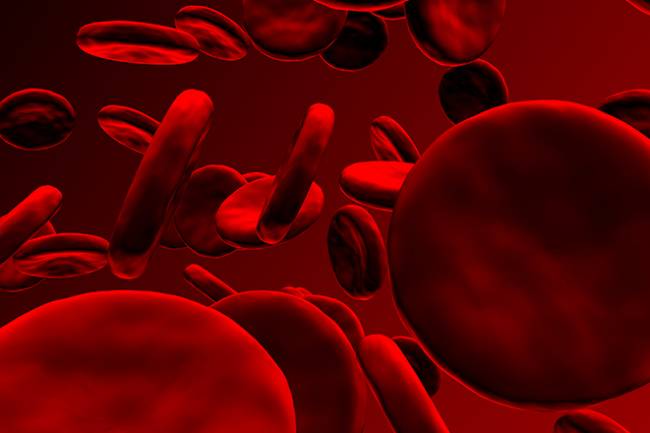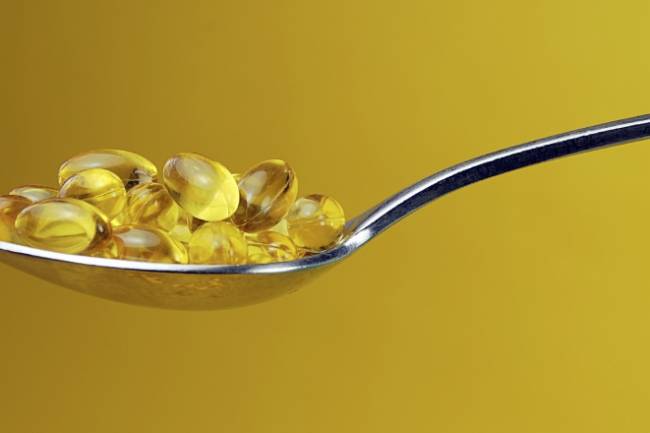Health Benefits of Cinnamon

Cinnamon is a spice that comes from the bark of cinnamon trees. Cinnamon primarily comes as a ground spice or in ‘sticks’ which are otherwise known as cassia bark.
The majority of the world’s cinnamon is grown and harvested in China and Indonesia, with Vietnam and Sri Lanka also contributing significantly.
Cinnamon, alongside sugar, is regularly found in commercial bread products, cereals and different famous dishes from various cuisines.
Cinnamon contains an array of active compounds that have stimulated interest in individuals who value their health. Aside from containing a wide range of polyphenolic compounds that exert numerous positive effects on our body, cinnamon contains appreciable amounts of essential nutrients such as calcium, iron, magnesium, zinc and vitamin K.
Cinnamon has become increasingly popular in the diet recently as it is thought to assist metabolic health. Carry on reading this article to discover the benefits of these active ingredients, how much cinnamon to take to realise the potential health benefits and to find out whether you should be worried about any side effects.
What Are the Benefits of Cinnamon?
Metabolic Health
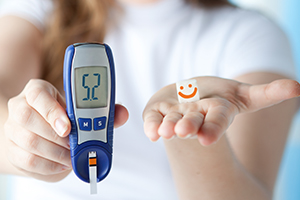 In the last half a century, health conditions such as heart disease, diabetes, hypertension (high blood pressure), dyslipidemia (abnormal cholesterol) and obesity have become all too common in the developed world. This has led to great interest in nutritional compounds that can work in synergy with a health-promoting lifestyle to improve metabolic health.
In the last half a century, health conditions such as heart disease, diabetes, hypertension (high blood pressure), dyslipidemia (abnormal cholesterol) and obesity have become all too common in the developed world. This has led to great interest in nutritional compounds that can work in synergy with a health-promoting lifestyle to improve metabolic health.
One food item that has received notable attention in this regard is cinnamon. Specifically, cinnamon has been shown to be effective for managing blood glucose levels. Chronic high blood sugar levels are known as type 2 diabetes. This occurs due to our cells being resistant to insulin, meaning glucose cannot efficiently enter our cells. Not only is diabetes a risk factor for heart disease due to the damage of blood vessels; diabetes can also damage the eyes, kidneys and extremities.
Cinnamon has been shown to help manage blood sugar levels by downregulating the actions of digestive enzymes that have the role of metabolising glucose. This results in there being a more steady influx of glucose into the blood stream, which in turn attenuates the volatile spike of insulin.
Cinnamon is also thought to help glucose storage (known as glycogen) at a cellular level. A compound found within cinnamon called methylhydroxychalcone polymer (MHCP) has the ability to act as an insulin mimetic, helping glucose uptake, subsequently leading to glycogen storage.
Aside from improving blood glucose and insulin sensitivity, cinnamon has also been shown in scientific trials to be able to reduce triglycerides and LDL (‘bad’) cholesterol. These metabolic markers are also risk factors for cardiovascular disease.
The evidence for cinnamons effect on metabolic health is pretty clear, so if fighting off diseases of metabolic syndrome is relevant for you, make sure you incorporate cinnamon into your diet! Although cinnamon works well regardless of lifestyle changes, it is highly plausible that cinnamon would work in synergy with regular exercise and a balanced diet to further benefit metabolic health.
Antioxidant
Due to the plethora of polyphenolic compounds found within cinnamon, this spice is also a fantastic antioxidant. In the body, we need to maintain the equilibrium of free radical molecules and antioxidants to maintain optimal health.
However, a sedentary lifestyle, poor dietary practices and the associated health conditions are leading to many people having an imbalance. This leads to oxidative stress and damage to cells and DNA.
Therefore for many, it is crucial to have a rich supply of antioxidant compounds that are able to stabilise these free radical molecules, thus reducing the stress on our cells. This process happens due to the antioxidant compound providing an electron to the free radical molecule, thus making it chemically stable.
It is important to understand however, that free radical molecules can be supportive of health, as they can help support immune function by destroying harmful bacteria. It is just that too many are harmful to health.
By including cinnamon and other antioxidant-rich foods in your diet, you will be providing your body with the compounds it needs to maintain a good balance, thus promoting optimal health.
Calcium
 Cinnamon contains a notable amount of calcium, which is needed in relatively large amounts. It is the most abundant mineral in the body, making up almost 2% of total body mass.
Cinnamon contains a notable amount of calcium, which is needed in relatively large amounts. It is the most abundant mineral in the body, making up almost 2% of total body mass.
Calcium has been scientifically proven to have a wide range of roles in our body. These include:
• Maintaining bone mineral density.
• Maintaining healthy teeth.
• Contributing to normal blood clotting.
• Helping the metabolism of the foods we eat.
• Contributing to healthy digestion.
• Aiding cell division and specialisation.
• Reducing the loss of bone mass in post-menopausal women, thus reducing the risk of osteoporosis.
Iron
Although iron is found in the highest amounts in red meat and dark green vegetables, it is also found in cinnamon.
Iron is an essential nutrient that has a wide range of important roles in the body. These include:
• Contributing to red blood cell and haemoglobin formation which in turn helps the supply of oxygen rich blood to all parts of the body.
• Contributing to metabolism of food items.
• Supporting immune function.
• Reducing tiredness and fatigue.
• Aiding cell division.
• Aiding cognitive development in children.
Magnesium
Magnesium is highly influential in optimal health status, as it is involved in over 300 processes in the body. It is thought that a magnesium deficiency is the second most common after vitamin D, so additional sources of magnesium in the diet may well be beneficial.
Magnesium has been scientifically proven to:
• Reduce tiredness and fatigue.
• Help maintain electrolyte balance.
• Work in synergy with calcium and iron to help metabolism.
• Contribute to normal nervous system and muscle function.
• Help maintain healthy bones and teeth.
• Aid the process of protein synthesis.
• Support normal psychological function.
Zinc
The presence of zinc in cinnamon boosts the health profile of this spice even further. Zinc is a mineral that has been scientifically proven to:
• Contribute to DNA synthesis
• Maintain optimal pH in our body
• Help the metabolism of macronutrients
• Support cognitive function
• Assist in reproductive function
• Support healthy hair, skin and nails
• Help the absorption of vitamin A
Vitamin K
Vitamin K is only needed by the body is small amounts, but it is certainly important for health. This essential nutrient is mostly found in green leafy vegetables, but can also be found in some animal products and in cinnamon. Vitamin K has been scientifically shown to contribute to normal blood clotting and bone health, thus complimenting the actions of calcium, iron and magnesium.
After completing a whistle-stop-tour of the nutritional density of cinnamon it is now clear to see why this ancient spice has grown in popularity in recent years!
How Much Cinnamon Should I Take?
 The research into cinnamon has utilised a wide range of doses which have shown to improve glucose metabolism, insulin sensitivity and high cholesterol. The meta-analysis that collated the results from these investigations showed that doses as low as 120mg had a detectable effect, with higher doses of 3-6g per day likely to be the most effective. It is recommended that cinnamon or cinnamon extract supplements are taken in conjunction with high carbohydrate meals, which help support the metabolism of this macronutrient whilst also attenuating the spike in insulin.
The research into cinnamon has utilised a wide range of doses which have shown to improve glucose metabolism, insulin sensitivity and high cholesterol. The meta-analysis that collated the results from these investigations showed that doses as low as 120mg had a detectable effect, with higher doses of 3-6g per day likely to be the most effective. It is recommended that cinnamon or cinnamon extract supplements are taken in conjunction with high carbohydrate meals, which help support the metabolism of this macronutrient whilst also attenuating the spike in insulin.
What Are the Side Effects of Cinnamon?
Cinnamon is likely to be safe for most people when taken orally within the suggested dosages.
It is important to note, however, that cinnamon contains a chemical called coumarin. When taken in large amounts courmarin has the potential to damage the liver, especially in people who have previously suffered with hepatic complications.
Coumarin is found in much higher amounts in cassia cinnamon than Ceylon cinnamon however, so make sure to look for a product that is solely or primarily made from Ceylon.
Diabetics are also advised to be cautious with cinnamon products as they are potent at reducing blood sugar levels. Consequently, diabetics should be consistent with blood glucose checks and any medication may need to be altered to prevent an episode of hypoglycaemia.
With regards to children, there is evidence to suggest that cinnamon is safe. This evidence came from a study that found no side effects in 13-18 year olds that took 1g daily for 12 weeks.
As there is a lack of research into the area, pregnant women are not advised to take cinnamon products.
Summary
Cinnamon is a well-known spice that has been used for many years to enhance the flavour of meals from all around the globe. However, recent years have seen this compound gain much attention due to the health benefits it possesses.
Take home points:
• Cinnamon is a spice that comes from the barks of the cinnamon tree. These are almost exclusively grown and harvested in China, Indonesia, Vietnam and Sri Lanka.
• Cinnamon has been used for years as a flavour enhancer, but has recently received attention for its nutrient profile and its ability to improve markers of metabolic health.
• Specifically, cinnamon is rich in polyphenols that have been shown in scientific trials to lower blood glucose, improve insulin sensitivity and also improve cholesterol levels.
• Cinnamon also contains calcium, iron, magnesium, zinc and vitamin K, which all have a wide range of important roles that promote optimal health status.
• Cinnamon has been shown to be effective with daily provision as low as 120mg per day. However, the greatest benefits are likely to be seen from ingesting 3-6g daily.
• Ceylon cinnamon is likely to be the safest variety. Cassia cinnamon contains higher amounts of coumarin, which is known to cause damage to the liver when taken in high amounts. Cinnamon is likely to be safe for older children. Not enough is known about the safety for pregnant women however.
Shop for Cinnamon Supplements here
Sources:
https://www.ncbi.nlm.nih.gov/pubmed/17381386
https://www.ncbi.nlm.nih.gov/pubmed/19930003
https://www.ncbi.nlm.nih.gov/pubmed/16634838
https://www.ncbi.nlm.nih.gov/pubmed/14633804
https://www.ncbi.nlm.nih.gov/pubmed/24019277

 Nicole
Nicole 
